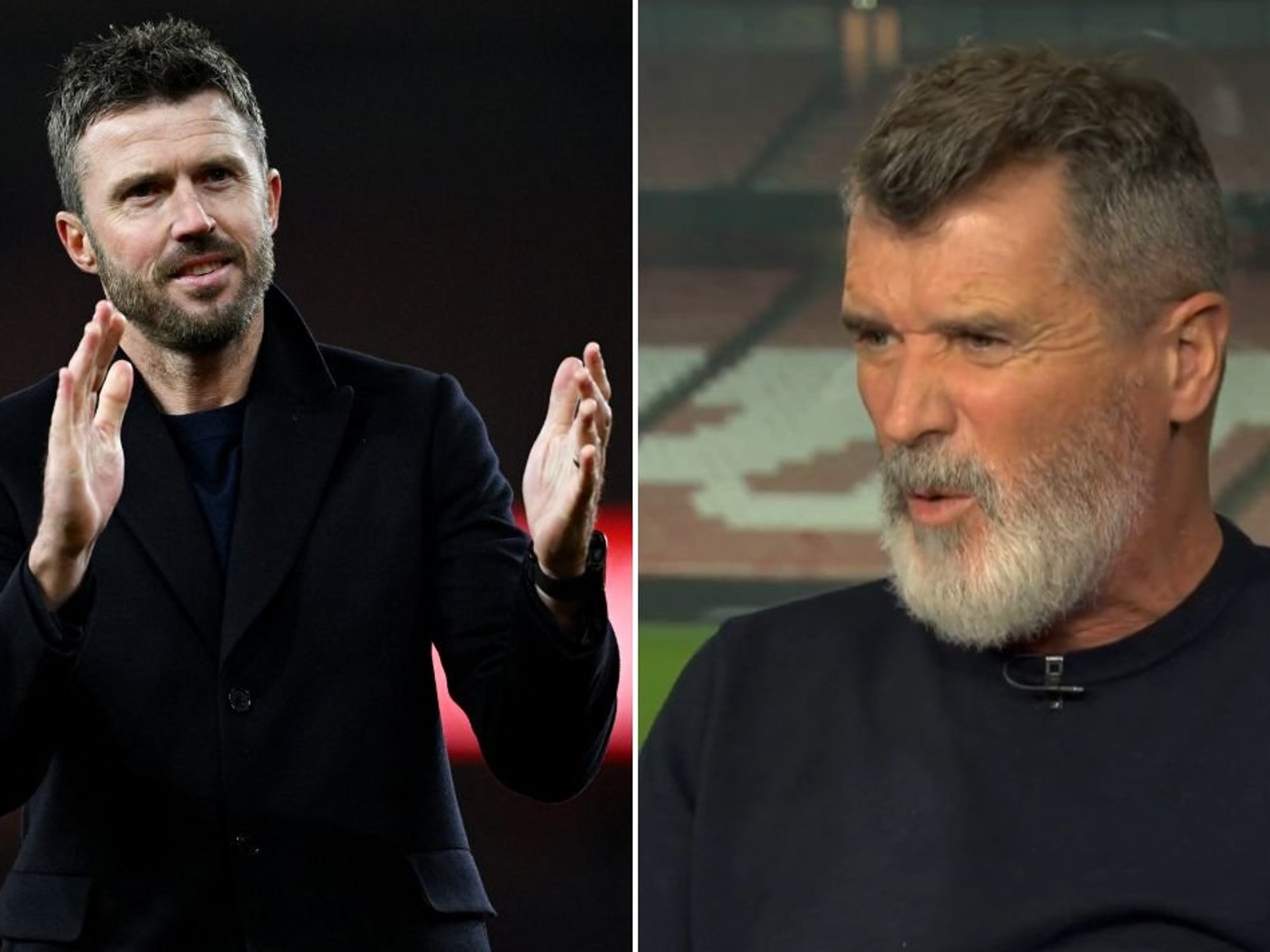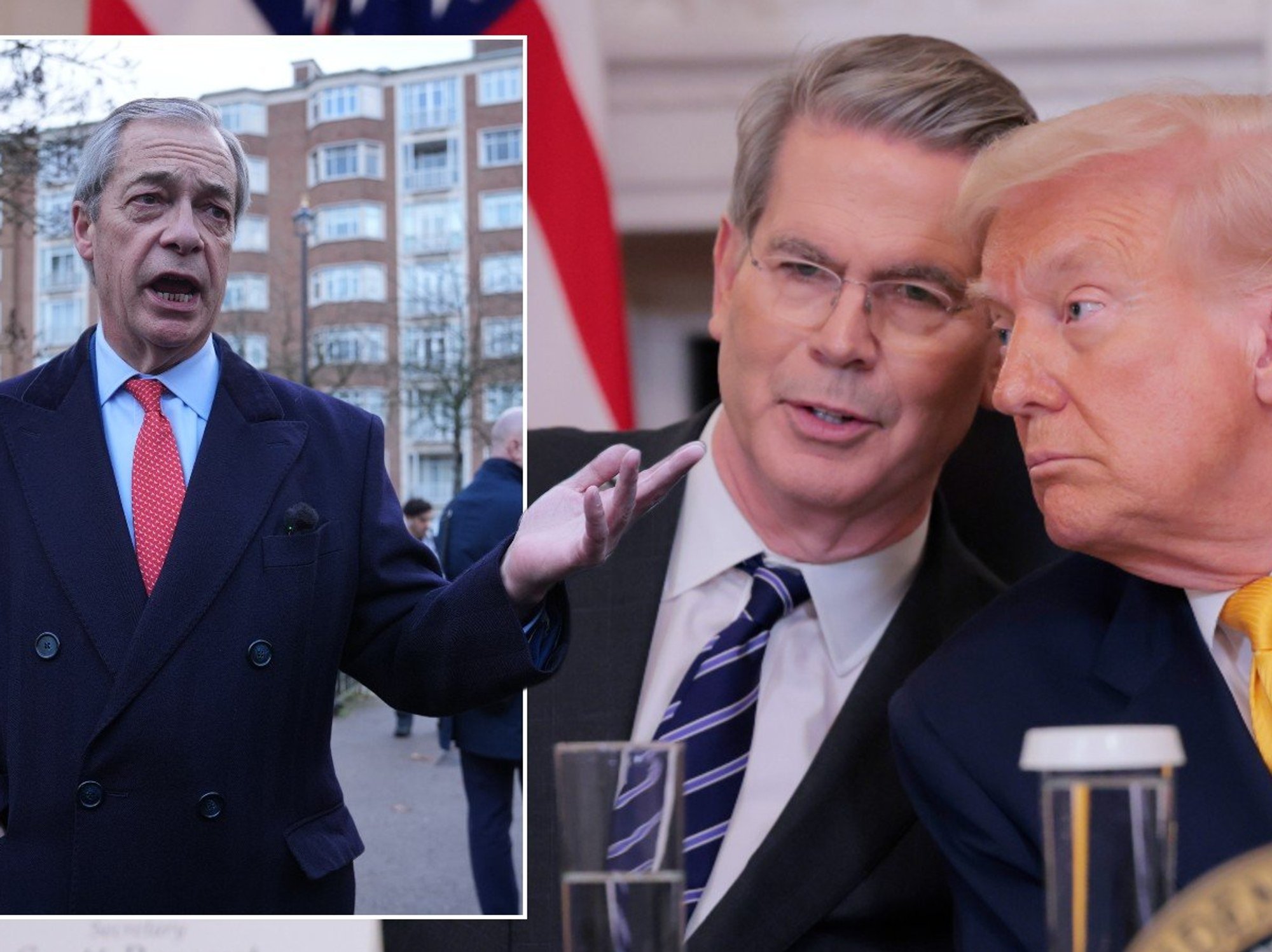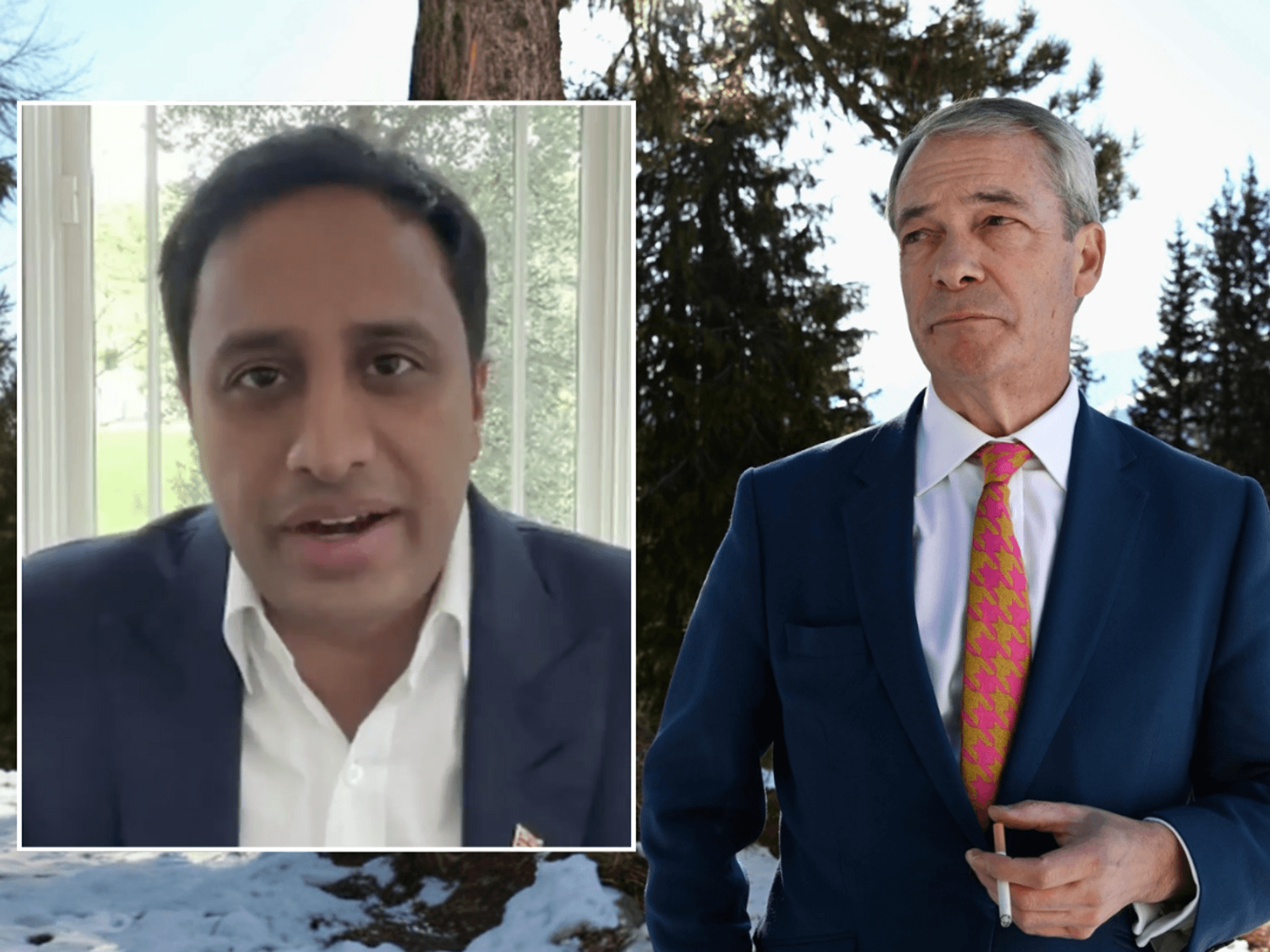The tragic irony of Charlie Kirk's assassination must sink in. We owe it to him and democracy - Lee Cohen
We must honour his legacy by defending the right to speak, to disagree, and to stand firm, writes US commentator and columnist Lee Cohen
Don't Miss
Most Read
Trending on GB News
The assassination of Charlie Kirk, the 31-year-old founder of Turning Point USA, at Utah Valley University on September 10, 2025, has reverberated far beyond America, striking a chord with Britons who value the right to speak freely.
I heard this firsthand on a Twitter forum I participated in yesterday, and it warmed my heart to hear British voices reacting with the same grief and regret as my own and to realise that, when it comes to patriotism and principle, there are no borders.
Kirk’s death is a profound loss, not only for his bold defence of conservative principles but for his fearless commitment to open discourse—a cause that resonates deeply on both sides of the Atlantic. His life, marked by intellectual courage and an unyielding belief in the power of ideas, offers both inspiration and a sobering warning to those who cherish liberty.
From his teenage years in suburban Chicago, Kirk built Turning Point USA into a juggernaut, rallying young conservatives across thousands of American campuses with a message of individual liberty, limited government, and the sanctity of free expression.
His campus debates, where he faced hostile crowds with sharp reasoning and unflappable composure, were a masterclass in engaging ideas head-on.
For both Americans and Britons, whose universities increasingly favour ideological conformity over robust debate, Kirk’s approach is a beacon.
He didn’t demand silence from his opponents; he invited their challenges, trusting that truth would prevail in an open contest. This ethos speaks directly to a Britain where dissent is often stifled under the guise of protecting sensibilities.
Kirk’s visits to Britain, including memorable appearances at the Oxford and Cambridge Unions in 2025, cemented his relevance there. He tackled contentious issues—from the scars of lockdown policies to the marginalisation of conservative voices in academia—with a clarity that cut through intellectual fog.
 The tragic irony of Charlie Kirk's assassination must sink in. We owe it to him and democracy - Lee Cohen |
The tragic irony of Charlie Kirk's assassination must sink in. We owe it to him and democracy - Lee Cohen | Getty Images
His critique of heavy-handed restrictions, which he argued harmed a generation, mirrors the frustrations of Britons still reckoning with the costs of those years.
At Cambridge, he faced accusations of divisiveness, yet his willingness to engage, even with hostile audiences, echoed the intellectual bravery of British icons like Roger Scruton.
Kirk’s ability to articulate conservative ideas with energy and precision made him a figure of admiration, even for those who questioned his stances.
Yet Kirk’s advocacy was not without detractors. In Britain, his unapologetic views drew sharp criticism, notably from Deputy Prime Minister David Lammy, who, according to Turning Point UK, branded Kirk and his organisation as “sinister forces” and “xenophobic.”
Such labels reflect a broader tactic: dismissing dissent as dangerous rather than engaging it.
Kirk’s response was to double down on dialogue, never shying from debate, whether over historic civil rights laws or pandemic policies.
In a Britain constrained by measures like the Online Safety Act and the social penalties of cancel culture, his insistence on words over suppression is a powerful rebuke to those who would rather silence than persuade.
Kirk’s murder, described by Utah Governor Spencer Cox as a politically motivated act, exposes the peril of this polarised climate.
When ideas are met with violence rather than counterarguments, the foundations of democracy weaken.
The tragedy recalls Britain’s own losses—Jo Cox, David Amess—and underscores the cost of demonising dissent. Kirk’s critics often painted him as extreme, yet his respect for opponents, even as they denied him the same, revealed a commitment to civility absent in those who resorted to force.
His death is a damning indictment of a culture that vilifies disagreement, equating it with moral failure rather than engaging it through reason.
Kirk’s legacy is rooted in his reverence for the traditions that shaped the West and especially the Anglosphere.
He rightfully saw Britain as the cradle of liberties, from the Magna Carta to the principles that inspired Brexit’s call for sovereignty. His warnings about cultural erosion — through unchecked migration or the sidelining of national pride—echo the concerns of many who fear Britain is losing its identity.
His vision of a society grounded in faith, family, and optimism offers a hopeful counterpoint to cultural drift, resonating with those who seek to reclaim their heritage.
Kirk’s movement-building offers a blueprint for American and British conservatives, young and old. Turning Point USA’s success in mobilising young people, registering voters, and hosting dynamic events shows how to reconnect with a disenchanted base.
Kirk’s directness—addressing energy costs, immigration, and cultural decline—points to a path forward.
His Christian conviction, though less common in secular Britain, speaks to those who see spiritual roots as a defence against moral uncertainty.
As we mourn Charlie Kirk, we confront a challenge. His death is a call to action on both sides of the Atlantic.
Free speech, a birthright Kirk traced to Britain’s shores, is under threat—not just by violence but by a culture that brands dissent as dangerous. Kirk’s life urges us to fight for a society where ideas clash freely, where truth emerges through debate, and where liberty endures.
His murder, a dark moment for democracy, demands that we honour his legacy by defending the right to speak, to disagree, and to stand firm. We owe it to him to fight to preserve the soul of the West.
More From GB News











